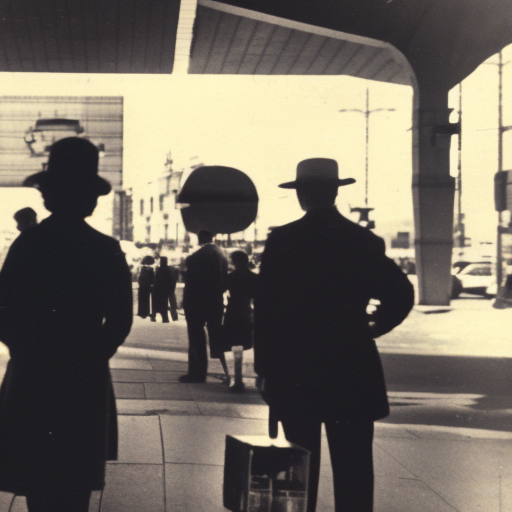The Corrupt Bargain (1824): A Controversial Presidential Election
The Corrupt Bargain refers to the controversial presidential election of 1824, in which John Quincy Adams became the sixth President of the United States. This election was marked by accusations of political maneuvering and corruption, leading to a significant impact on American politics.
The Election of 1824
The election of 1824 was a four-way race between John Quincy Adams, Andrew Jackson, Henry Clay, and William H. Crawford. None of the candidates received the majority of electoral votes required to win the presidency. As a result, the decision was passed to the House of Representatives, as mandated by the Twelfth Amendment.
The Role of Henry Clay
Henry Clay, who finished fourth in the electoral vote, was the Speaker of the House at the time. As Speaker, Clay held significant influence over the outcome of the election. He was known for his role in crafting the American System, a program aimed at promoting economic growth and internal improvements.
The Alleged Bargain
It was widely believed that Clay made a “corrupt bargain” with Adams. According to the alleged deal, Clay would use his influence in the House to secure Adams’ victory in exchange for the position of Secretary of State. The Secretary of State was considered a stepping stone to the presidency, and Clay’s appointment was seen as a strategic move to enhance his chances in future elections.
Adams’ Presidency
After winning the presidency, Adams appointed Clay as Secretary of State, which fueled the accusations of a corrupt bargain. Adams’ presidency faced significant challenges due to the controversy surrounding his election. Many of Jackson’s supporters believed that the presidency had been stolen from him, leading to a deep sense of resentment.
The Impact on American Politics
The Corrupt Bargain had a lasting impact on American politics. It solidified the emergence of the Democratic Party, led by Andrew Jackson, as the main opposition to Adams and his supporters. Jackson’s supporters rallied around the idea of “Jacksonian democracy,” which emphasized the power of the common people and criticized the political elite.
The Election of 1828
The controversy surrounding the Corrupt Bargain set the stage for the election of 1828, in which Andrew Jackson defeated John Quincy Adams. Jackson’s victory was seen as a triumph over the political establishment and a vindication of the will of the people. The election of 1828 marked a turning point in American politics, as it ushered in an era of populism and a more democratic approach to governance.
Legacy
The Corrupt Bargain remains a significant event in American history, highlighting the flaws and controversies of the early political system. It exposed the potential for corruption and backroom deals in the electoral process, leading to calls for reform. The accusations of a corrupt bargain also shaped public opinion and contributed to the polarization of American politics in the years that followed.
In conclusion, the Corrupt Bargain of 1824 was a pivotal moment in American politics. The allegations of political maneuvering and corruption surrounding John Quincy Adams’ election as President had a profound impact on the country. The controversy solidified the emergence of the Democratic Party and set the stage for the election of Andrew Jackson in 1828. The legacy of the Corrupt Bargain continues to remind us of the importance of transparency and fairness in the electoral process.












